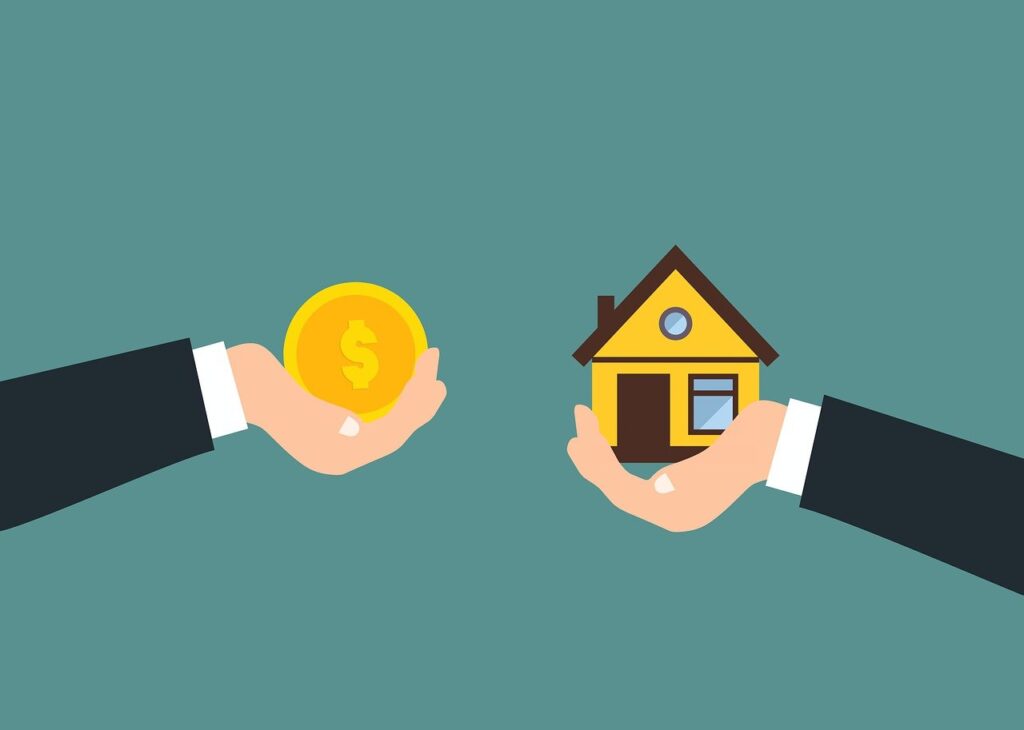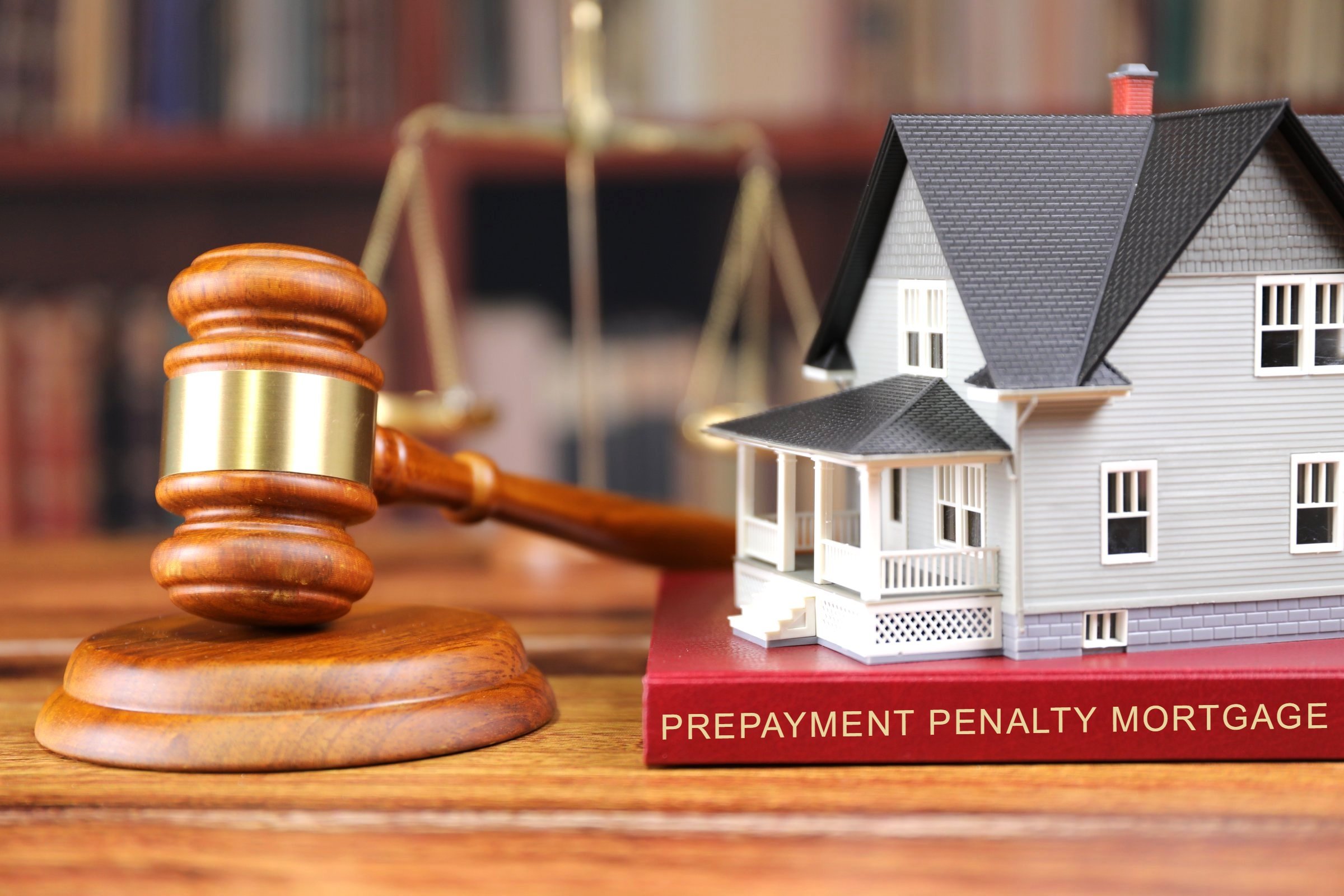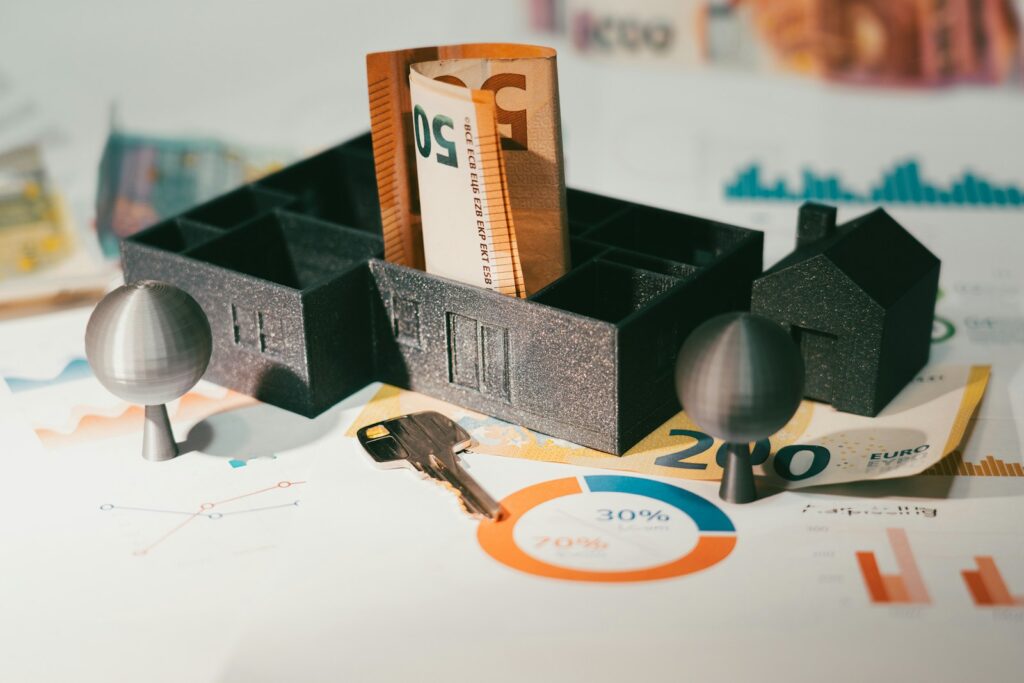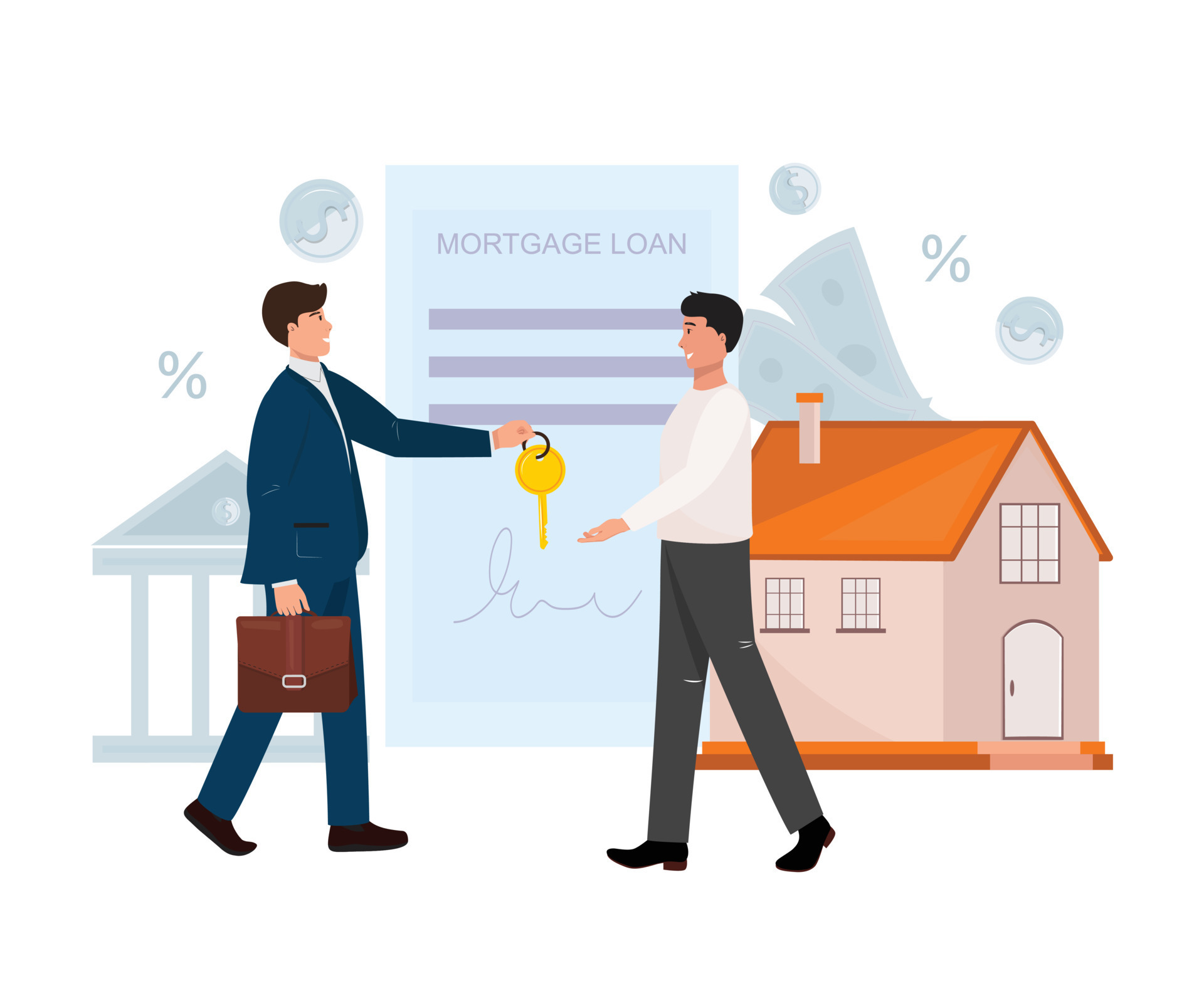
It feels quite fortunate when you have extra money before payday. And it naturally leads to pondering big financial questions you might have. A most common question people often debate is this one. Should you use that money to pay your mortgage faster? Or should you put it to work by investing instead? And this isn’t a simple question with a yes or no answer. Financial professionals hear this question quite a lot, they say.
As one expert put it, the answer truly does depend. This depends on your total financial picture right now. And how long do you have until you plan on retiring soon? Both paying more off your mortgage and investing money are smart. The challenge is finding which path benefits you personally most. Consider your unique situation, financial goals, and feelings about debt. Even your own personal feelings about debt security matter.
We can look at paying off your mortgage quicker now. A primary reason people prioritize this is significant savings interest. You save significant interest payments over the loan’s life. Think about each dollar you pay toward your principal amount. This reduces the amount where interest that builds up later. This offers a guaranteed return equal to your mortgage rate. That rate can be quite motivating, especially with higher rates.

Consider this scenario with a three-hundred-thousand-dollar mortgage. This loan is for thirty years at six percent interest. The total interest you pay could be over 347,000 dollars. Paying off this loan just ten years early saves much. The interest savings by themselves are over 131,600 dollars. That is a substantial amount of money staying in your pocket instead. These clear savings make paying faster attractive for homeowners.
Beyond pure financial calculations, emotions are a powerful dimension. There is a powerful emotional side to being mortgage-free. Owning your own home outright lifts a significant cloud. The feeling of security, knowing the roof is completely yours, is nice. You do not owe the bank a single monthly payment for it. Many people will trade potential gains for a complete feeling of ownership. Australians and Americans are perfectly willing to make this trade.
This peace of mind is particularly valuable for older Americans. And it helps those people who are retired, too. Entering retirement without debt simplifies managing money greatly. Having no mortgage payment makes budgeting simpler for sure. This provides a strong sense of freedom and security. For these individuals, the emotional payoff might be worth more. The feeling is often worth more than numbers on a spreadsheet suggest.
Paying down your mortgage early has practical benefits as well. These benefits go beyond saving interest and feeling peace. Removing that large monthly expense greatly improves your cash flow. Imagine thousands of extra dollars suddenly available in the budget. Once your mortgage payment is gone from your life. This can make planning for retirement a lot easier. You will have far fewer essential living expenses to cover later.

Reducing or getting rid of mortgage debt improves the DTI ratio. If you think you will need new credit later. Perhaps for a new car loan or home renovation funds. A lower DTI ratio boosts your creditworthiness a lot. You could potentially secure better interest rates on loans. While this is not a primary reason for everyone deciding. It is a helpful benefit if big financial moves are near.
So when does paying off a mortgage early seem like the right move? Based on expert insights, this is when it helps. You might benefit if you retire with no other debt existing. Make sure you have a solid emergency fund saved up. And you need enough cash flow to cover future expense needs. It is also a strong option if you greatly value owning your home outright. Or if your current mortgage rate is higher right now than what potential investments earn.
Before you get carried away writing that big check, now. It is crucial to slow down and see the full picture. One expert says the heart and calculator must talk it over. What feels good emotionally needs proper balancing here. But you must balance it with what makes the most sense. What makes the most financial sense on paper needs thought.
The first thing to consider is your current mortgage rate. Compare that rate with the potential returns investing can make. Historically, average stock market returns are around 7 to 10 percent. If your mortgage rate is low, maybe under four percent. You might find that your money earns a higher return by investing. It could earn a higher return in the market long term. Keeping the low rate and investing cash leads to more wealth.
Think about a cautionary tale a former mortgage lender shared. A client paid off her low-rate mortgage fast with inheritance money. This mortgage had a rate of just three point one two five percent. Meanwhile, her investments were earning over seven percent annually now. If she had just run the numbers or asked an advisor first. She might have leveraged that inheritance better by investing it. Sometimes math suggests a different path than feeling debt-free.
Consider how much time is left on your loan, too. If you are already nearing the end of your mortgage term. Perhaps only five years or even less remain. Making a large lump sum payment might not save lots. Not as much interest savings as you probably might think. Mortgage interest is typically frontloaded, paid mostly early. Later, more of the payments go toward your principal amount.
Your overall debt picture is another critical factor for this. Do you have other debts with higher interest rates? They ask. Such as credit card balances or any personal loans. Paying off higher-interest debt always makes more sense. Like a credit card having a twenty percent APR rate. Do this before you tackle a low-interest-rate mortgage. Focusing on the highest-interest debt saves the most money.

Make certain there are no prepayment penalties existing now. These are often uncommon on personal residence mortgages. But they sometimes apply, especially on investment properties, you see. Prepayment penalties can amount to thousands of dollars here. This could potentially offset the interest savings you hoped for. Calculate if the total interest saved still outweighs the penalty cost.
Importantly, assess the impact on savings and funds. One expert poses the magic question to consider. Will you feel secure after paying it off now? If paying it drains savings or removes your cash cushion. For unexpected expenses like medical emergencies that suddenly appear. It may not be the right choice to make. Being debt-free is great, but do not lose that financial security.
These key considerations are fundamental before deciding now. Comparing your mortgage rate to potential investment returns is vital. The remaining term of your loan also matters quite a lot. Your overall debt situation is another factor to factor in. The state of your savings and emergency fund is important. It requires careful thought and honest assessment of habits. Weighing these factors carefully, invest in your future well-being.

Deciding whether to pay down a mortgage faster or invest cash is complex. We have covered reasons for paying down debt quickly. Now shining light on the downsides is important too. There is no single right answer that fits everyone perfectly. It’s about finding what works right for you only. Your own unique situation and goals matter a lot. Let’s look at the details that truly influence this decision-making.
Putting extra cash into the mortgage principal makes it less accessible. That fund becomes locked into your home equity then. Losing this access to liquid money is a big downside for many. What if a financial emergency strikes suddenly? An unexpected medical bill could come up, perhaps.
Maybe you lose your job suddenly, and you need cash. Getting to liquid cash is very important at that time. Money in savings or investments is easier to access. Tapping home equity usually needs another loan, which isn’t always guaranteed to be simple. Expert Marifer Avery says, “Liquidity is queen, especially with no steady paycheck.” If paying the mortgage leaves you with little savings, maybe it’s not a wise move.
Opportunity cost is another important thought. What could your money be earning elsewhere, potentially? Paying a mortgage offers a guaranteed return equal to its interest rate. Historically, investments often make more than average mortgage rates. Stock market returns average around 7% to 10% over long timeframes.
If your mortgage rate is very low, lower than the investment potential. You could miss out on big wealth building over time. Hillary Seiler, a former lender, told a sad story. A client got an inheritance and instantly paid off their mortgage balance. The rate was super low, only 3.125% this one was.
Meanwhile, their investments were earning over 7% yearly then. Had they looked at numbers or asked an advisor first? The inheritance could have grown more by investing it instead. It’s a good reminder that math sometimes says to go a different way. Emotional desire to get debt-free and strong, especially near retirement. But for younger people, investing longer might earn more.

Dipping into certain accounts to pay off a mortgage might trigger a tax bill. If using retirement funds like 401(k)s or IRAs, withdrawals get taxed. Penalties apply sometimes if you’re under a certain age, too. Even Roth IRA earnings could have some tax implications. One expert says the client was shocked by the tax bill. This happens. Using the 401(k) sum for the mortgage hit their retirement budget hard. Talking to a tax person or financial advisor first is essential here. Understanding all tax implications is very important.
You could also lose the mortgage interest deduction if you itemize taxes. For some homeowners, this deduction lowers their taxable income a lot. Standard deduction changes mean not everyone gets a benefit. Running the numbers with a tax preparer is a good idea. See how being mortgage-free impacts future tax payments for you. Sarah DeFlorio, mortgage banking vice president, notes interest is deductible, knowing that thresholds are important.
Beyond straight payoff or investing, other smart strategies exist. You can speed up mortgage payoff without draining your total savings. These alternatives offer a middle-ground, simple approach. One easy way is just making extra payments. Small, consistent extra amounts to principal help big time over the loan’s life.
Reducing the principal faster lowers the amount of interest that accrues. Saves you money and cuts years off the mortgage term quickly. Builds equity in the home quicker, this does. Equity is a valuable asset later for home improvements, for example. Be sure to tell the lender the extra money goes to the principal only. Not towards future interest or escrow funds; instruct them carefully.
Biweekly payments are popular and fairly painless. Split the monthly payment in half and pay that every two weeks—simple. There are 52 weeks yearly, making 26 half-payments then. That adds up to 13 full monthly payments yearly in total. One extra payment yearly shortens the loan term a lot faster. Saves a lot of interest without feeling like a big burden biweekly. Clever trick: Use the calendar to your advantage now.
Unexpected money, called windfalls, is another opportunity you get. Tax refunds, work bonuses, gifts, and inheritances all apply. £250,000 example windfall mentioned earlier. Cash from downsizing a home, maybe this one too. Applying lump sums to principal gives a big boost to payoff speed. Interest savings are big with this method applied. But ensure windfall doesn’t wreck the emergency fund; it’s important. Or force selling investments early—this is vital. Hillary Seiler advises, “Don’t rush to pay off the mortgage without looking at the full financial impact.”
If wanting to be debt-free by retirement time is for you. Refinance to a shorter-term loan, like 10 or 15 years. If current finances handle higher monthly payments okay, then. Shorter terms often have lower interest rates compared to 30-year terms. The monthly payment will be higher, but less interest will be paid in total. Reaching the mortgage-free goal happens much sooner that way. Weighing increased expense against long-term savings is tricky. Plus, upfront closing costs with refinancing are important too. It requires careful math aligned with your budget and goals.
Specific examples shared help see how decisions play out. A reader in New Zealand asked whether to invest in KiwiSaver or pay more on the mortgage. Shows how mortgage decisions interact with retirement savings. David Boyle, Fisher Funds general manager, says it depends. Need to know the individual’s total financial position first. Time until retirement matters, and current and projected savings do too. The mortgage decision needs to be in the context of the whole plan.
Especially, readiness for retirement is an important part now. Balancing debt reduction with consistent savings is often the best path. Contribute enough to get an employer-matched retirement plan. While still making small extra mortgage payments, perhaps. From Australia, the context mentions interest rate cuts by the RBA. Lower benefit holding cash in offset accounts against the mortgage now. An offset account lowers the principal interest calculated on it.

Offers a guaranteed return equal to the mortgage rate, this does. When rates fall, this guaranteed return falls too. Australia holds a record $300 billion in offset accounts, it said. Value the ease of access to funds greatly, this does. Lower rates cut offset benefits; investing becomes a stronger argument. Historically, yields are higher returns; the ASX 200 averages 8% since 2001. Assuming comfortable market volatility and less liquidity, this could work.
Inheritance dilemma from iPaper—it’s emotional too. Reader got a £250,000 windfall, debating mortgage versus kids’ education or saving. Feels a connection using money from her mother for something personal. Maybe benefiting children’s education future for their sake. Help them avoid student loans like this. Partner favors paying off the mortgage for immediate debt relief. Plus, long-term family stability is good for that. Emily Braeger, a money reporter, suggests paying off a mortgage is sound financially.
Provides stability for the family and everyone involved. Setting aside money for kids’ education works well, too. Or investing in accounts for them specifically does. High-interest savings or investment funds they could use. Respectsthe inheritance origin and lets money grow its purpose. This scenario shows financial decisions aren’t just math; it’s true. Involve personal values, family dynamics, and emotional ties to source money. So many things come into play here.

Given the complexity and varying scenarios here. Consulting a financial advisor often comes up as good advice. Experts like David Boyle, Dave Lee, and Marifer Avery stress its value. An advisor helps assess your total financial position, you see. Includes income, expenses, assets, and other debts you have. Risk tolerance and long-term goals—it’s all reviewed. Can run numbers comparing your specific mortgage rate. Compared to realistic investment returns, this is helpful.
Considering tax implications very carefully, they do. Evaluate how either decision affects overall financial health. Plus, a retirement plan and readiness for the future are important. An objective perspective is invaluable for navigation, you see. Navigating the heart versus calculator conversation makes sense. Ensures your chosen path best fits your future well-being ahead. Dave Lee, Senior Wealth Advisor, notes that integrating debt, investment, and tax strategy is good. It can yield long-term benefits, especially for higher income brackets and people near retirement. It takes time to have this conversation, but you get peace of mind. Confidence in financial direction is valuable now.




